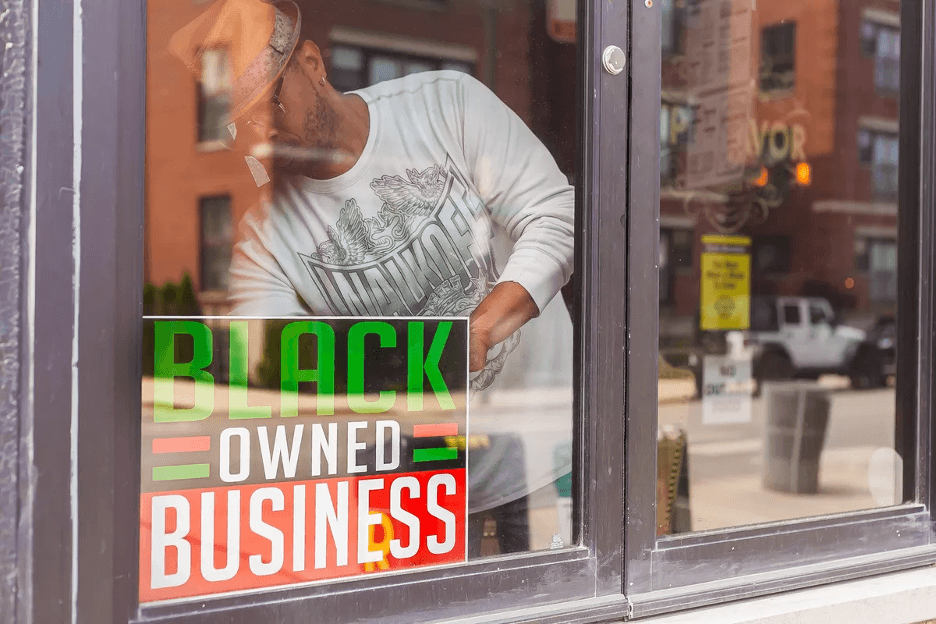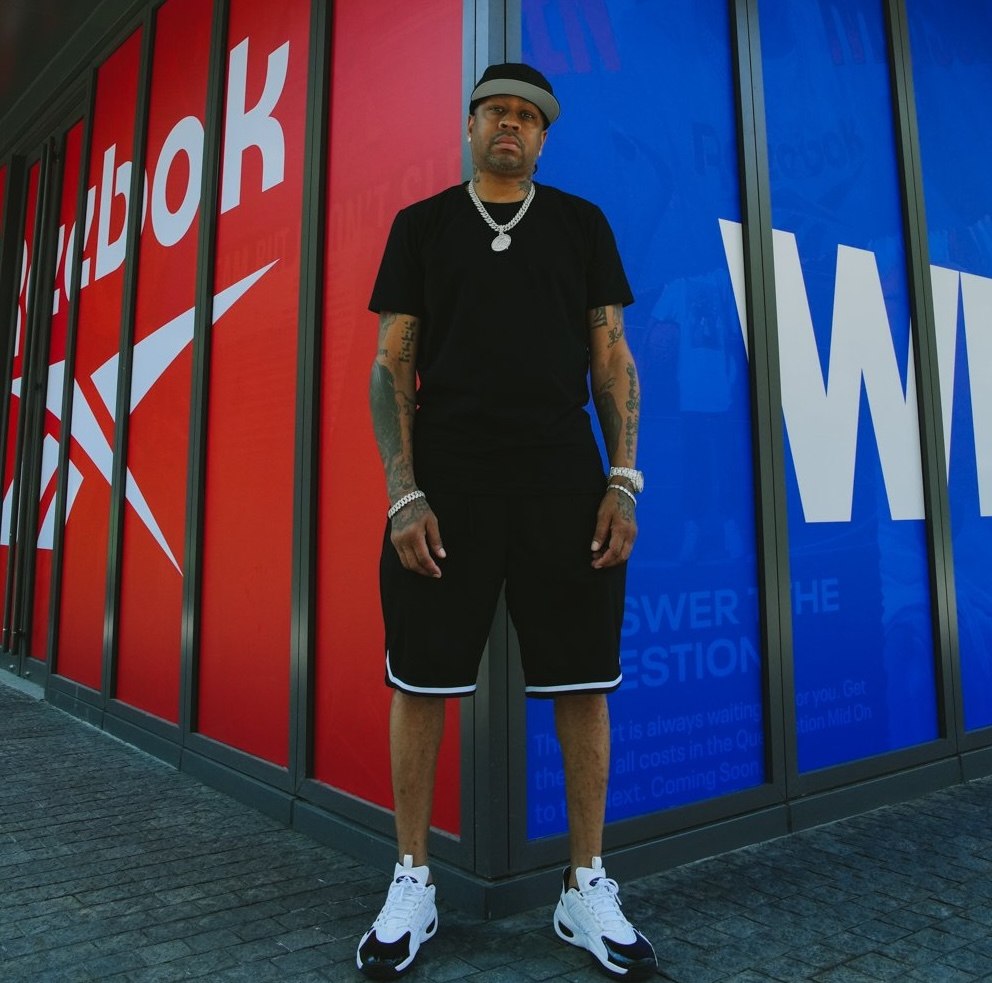By Judy Obae
- Target scaling back DEI efforts could hurt Black-owned brands by misinterpreting market demand shifts
- Black-owned businesses contribute over $150B annually, but market misreads could stifle growth
Target’s recent move to scale back its diversity, equity, and inclusion (DEI) initiatives could have unintended consequences for Black-owned brands, whose rapid growth and increasing influence in the market may be undermined by any perceived sales disruption. Black-owned businesses are a fast-growing segment in the retail industry, contributing significantly to the economy–$150 billion. Brand owners who retail their products at Target are urging their consumers not to abandon them at this time.
Why This Matters: Diverse companies are 35% more likely to outperform their peers financially, and Black-owned businesses are no exception. However, if retailers misinterpret temporary disruptions as market disinterest, it could halt or reverse the progress these brands have made, particularly in the broader context of their significant contribution to both the consumer and employment scene. Target’s cutbacks in DEI initiatives could unintentionally signal to the market that these businesses are less valuable, even though they represent a critical segment of the consumer base.
With more than 2.6 million Black-owned businesses generating over $150 billion annually, any setbacks could stifle economic progress in the very communities that have historically faced systemic barriers to success. Moreover, such a shift could harm the growing influence of Black consumer spending, an essential factor in retail trends across multiple industries.
Situational Awareness: Target’s decision comes at a time when Black buying power is poised to reach $1.98 trillion by 2025, signaling the potential for increased influence and demand from Black consumers. If the retail giant pulls back from supporting Black-owned brands, it could discourage other companies from prioritizing this important market segment. It’s up to retailers not to misread short-term fluctuations in customer behavior, especially when these brands represent an economic force that supports both local businesses and broader economic stability. The potential consequences of this shift could undermine the progress made in fostering more inclusive economic practices.
CBX Vibe: ‘Black Parade’ Beyoncé









